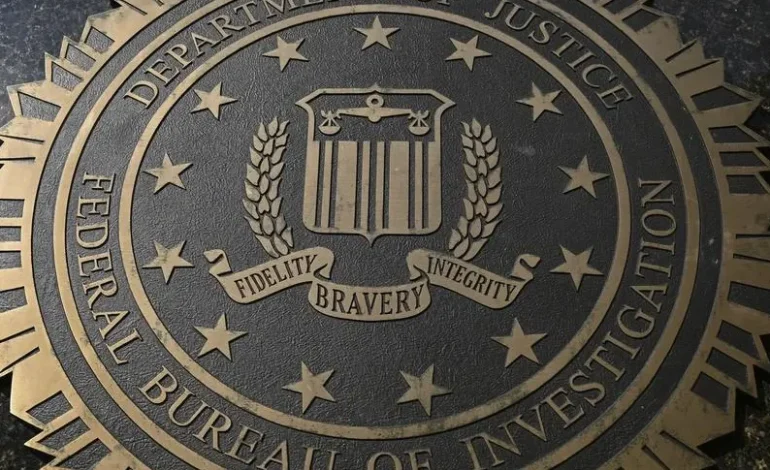As Black Friday and Cyber Monday kick off the holiday shopping season, the FBI has issued a critical warning for users of Chrome, Safari, and Edge—browsers that dominate 95% of the US market, Forbes reports.
Online shoppers are being urged to stay vigilant, as cybercriminals ramp up their efforts to exploit consumer enthusiasm for holiday deals.
According to the FBI, scam websites have surged by 89% compared to last year, and nearly 80% of shopping-related emails are fraudulent. Google search results have even been manipulated to divert users to dangerous sites. In response, the FBI has outlined key guidelines to help consumers avoid falling victim to scams during this high-risk period.
FBI’s Seven Key Safety Tips
- Verify Website Security: Ensure the URL is legitimate, starting with “https://” and displaying a padlock icon. Avoid sites with irregular or misspelled URLs.
- Research New Sellers: Look up online reviews before purchasing from a site for the first time. Be cautious, as some reviews can be fabricated.
- Check Seller Ratings: On auction sites, avoid sellers with predominantly negative feedback or no reviews. Stick to sellers with a track record of positive transactions.
- Beware of Unusual Offers: Avoid sellers claiming to be authorized dealers in regions where such deals are unlikely. These shops may ship counterfeit or no goods at all.
- Question Overseas Responses: Be wary of sellers who claim to be in the US but provide excuses for being abroad. This is a common scam tactic.
- Avoid Unusual Payment Methods: Steer clear of sellers requesting direct money transfers or prepaid gift cards. Use credit cards for additional protection.
- Skip Gift Card Payments: Scammers may ask for gift card numbers and PINs, which they can use immediately without fulfilling the order.
Cybersecurity firm Check Point has echoed the FBI’s concerns, noting an increase in fraudulent Black Friday-related websites that mimic well-known brands. For example:
- Fake Stüssy site: stussycanadablackfriday[.]com
- Fake Wayfair site: wayfareblackfriday[.]com
These counterfeit sites are nearly indistinguishable from legitimate ones and are designed to steal money or personal information.
Check Point also provides additional safety tips:
- Double-check URLs for misspellings.
- Ensure emails are from verified senders.
- Avoid clicking on unverified QR codes.
- Never provide sensitive personal information unless necessary.
The rise of AI-generated phishing scams has made fraudulent offers more convincing. Many Black Friday-themed emails—approximately 75%—are scams that may install malware or steal sensitive data. Bitdefender warns that these phishing attempts often mimic trusted brands, making it easier to deceive unsuspecting shoppers.
The FBI’s message is clear:
“If it seems too good to be true, it probably is.”









